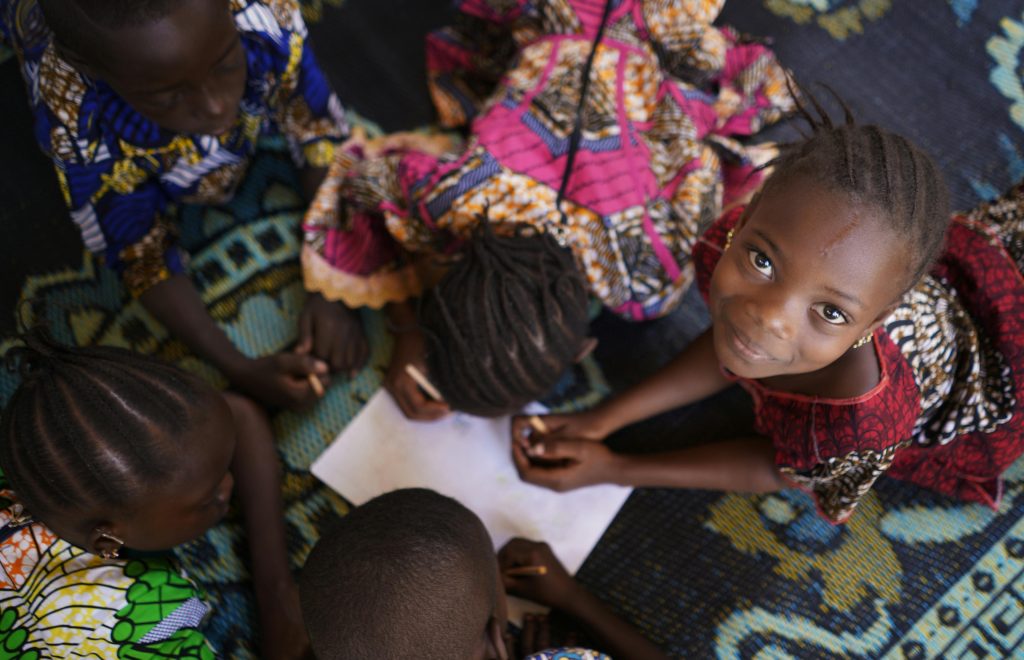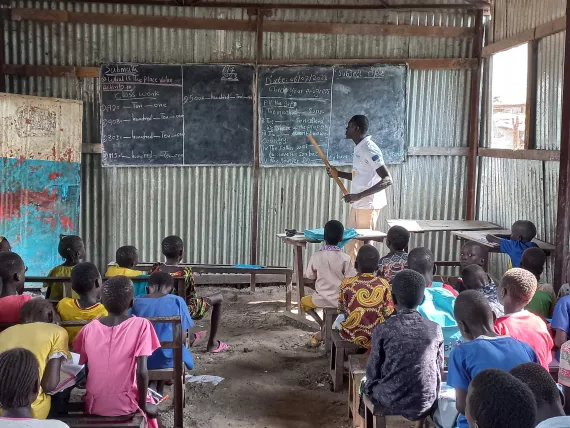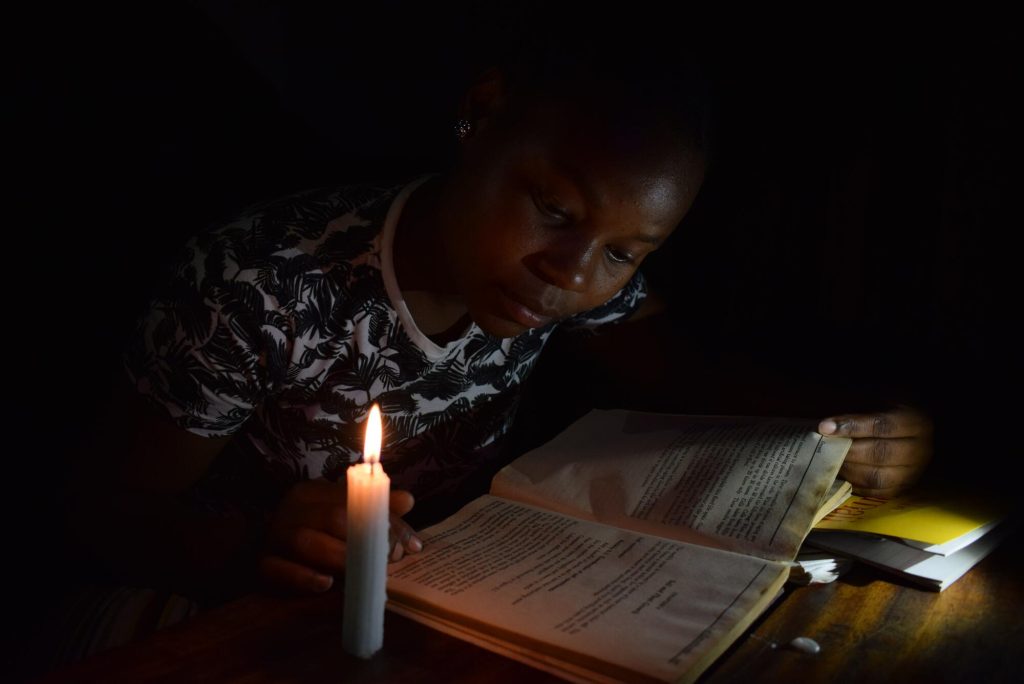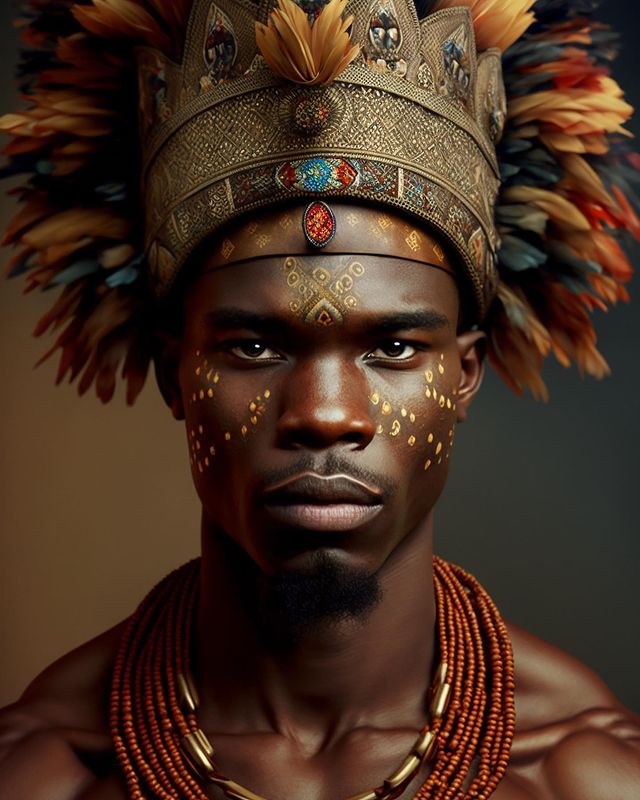Education To Every Kid
At the Anthropological Association of Kenya (AAKe), we believe that every child deserves access to quality education.

A Path to a Brighter Future
Education is a fundamental human right, essential for the development of individuals and societies. Yet, despite its importance, millions of children worldwide are deprived of the opportunity to receive a quality education. The Anthropological Association of Kenya (AAKe) recognizes the transformative power of education and advocates for universal access to education for every child. In this blog, we explore the significance of education and the steps needed to ensure that every child can access it.
The Importance of Education
Education is more than just acquiring knowledge; it is a tool for personal growth and societal advancement. It empowers children to develop critical thinking skills, fosters creativity, and instills values of tolerance and respect. Education also provides the foundation for economic stability, as it equips individuals with the skills needed for employment and entrepreneurship.
Personal Development: Education helps children realize their potential, boosts their self-esteem, and prepares them for adult responsibilities. It nurtures curiosity and a love for lifelong learning.
Economic Growth: A well-educated population is crucial for economic development. Education reduces poverty by increasing employment opportunities and fostering innovation.
Social Cohesion: Education promotes social harmony by teaching children about diversity and inclusivity. It helps in building tolerant societies where differences are respected and celebrated.
Barriers to Education
Despite the clear benefits of education, many children face significant barriers that prevent them from attending school. These barriers include:
Poverty: Families struggling with poverty often cannot afford school fees, uniforms, or supplies. Children may be forced to work instead of attending school.
Conflict and Displacement: In regions affected by conflict, schools may be destroyed, and children may be displaced, making education inaccessible.
Gender Discrimination: In some cultures, girls are not given the same educational opportunities as boys, leading to gender disparities in literacy and education.
Infrastructure: Lack of schools, trained teachers, and learning materials hampers the quality of education, particularly in rural and underserved areas.
Ensuring Education for Every Child
To overcome these barriers, concerted efforts are needed from governments, non-governmental organizations, communities, and individuals. Here are some strategies to ensure education for every child:
Policy and Investment: Governments must prioritize education in their policies and budgets. Investing in schools, teacher training, and learning materials is essential.
Community Engagement: Communities should be involved in promoting education. Local leaders, parents, and educators can advocate for the importance of schooling and support children’s education.
Inclusive Education: Policies must address the needs of marginalized groups, including girls, children with disabilities, and those in conflict zones. Creating safe, inclusive learning environments is crucial.
Technology and Innovation: Leveraging technology can enhance educational access. E-learning platforms and digital resources can reach children in remote areas and provide flexible learning opportunities.


The Role of AAKe
The Anthropological Association of Kenya is committed to advocating for universal education. By drawing on the expertise of its members, AAKe promotes research and policies that address educational barriers. The association collaborates with stakeholders to implement community-based educational programs and supports initiatives that foster inclusive education.
Conclusion
Education is a powerful catalyst for change, with the potential to break the cycle of poverty and build a more equitable society. Ensuring that every child receives a quality education is not just a moral obligation but a necessity for global progress. Through collective efforts, we can overcome the barriers to education and pave the way for a brighter future for all children.





